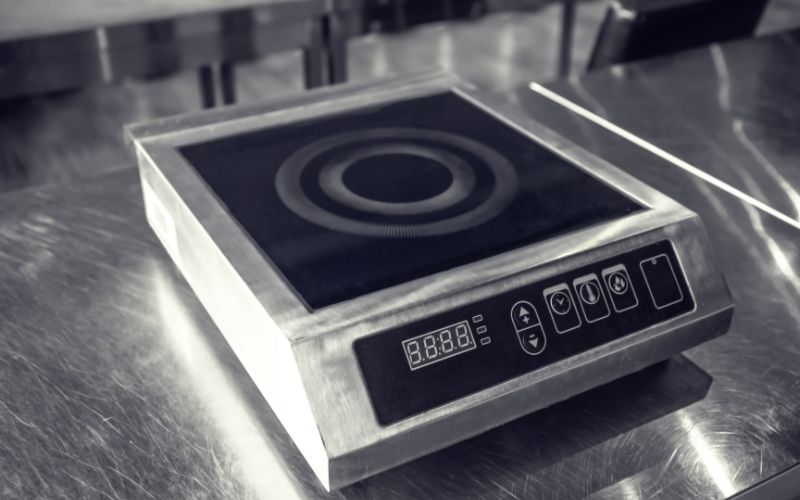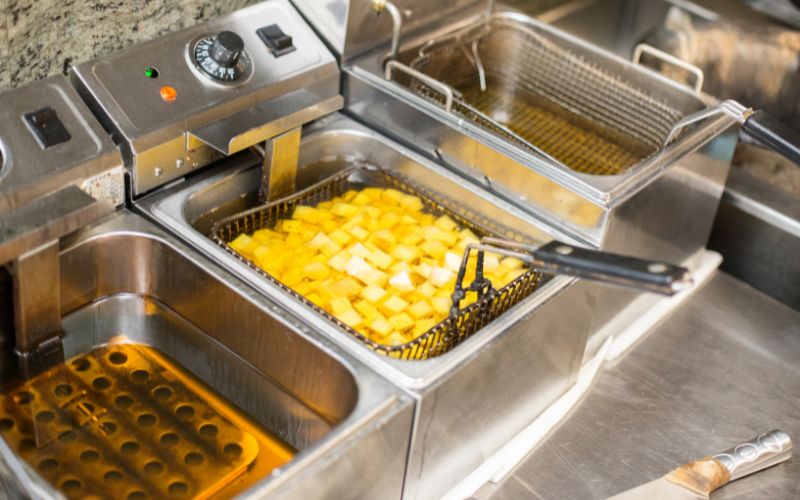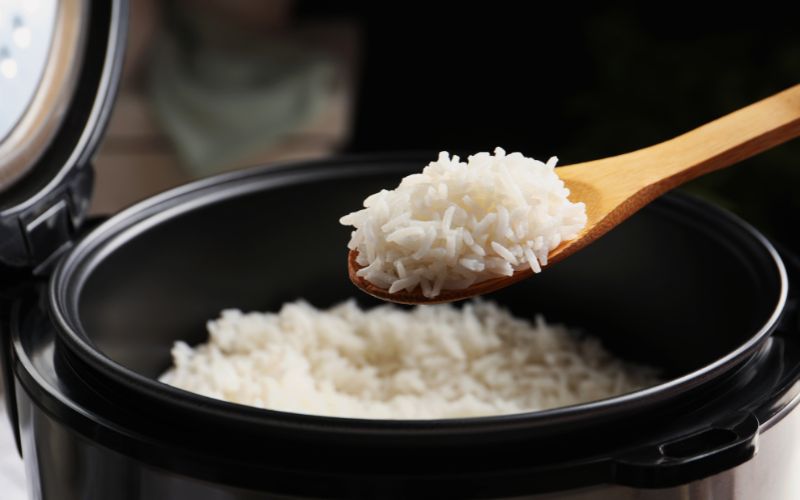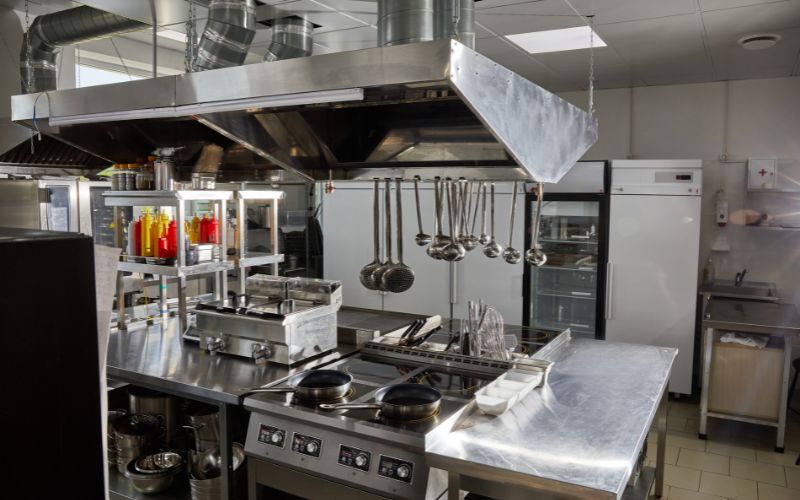Navigating the Frost Frontier: Temperature Guidelines for Commercial Freezers
Navigating the Frost Frontier: Temperature Guidelines for Commercial Freezers
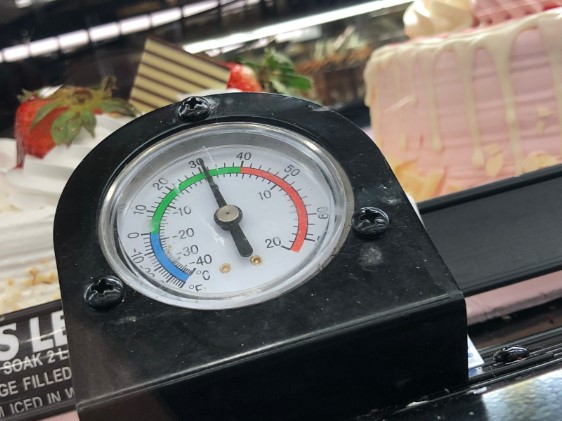

Understanding the temperature guidelines for your commercial fridge freezer is essential for keeping your products fresh and safe for consumption. But it's not just about cranking up the cold; maintaining the proper temperature range plays a crucial role in preventing bacteria growth and preserving the quality of your goods.
So, grab your winter gear and explore the frosty world of commercial freezers! This blog post will walk you through the recommended temperature ranges and why they matter.
The Ideal Temperature Range for Commercial Freezers
When it comes to commercial freezers, the ideal temperature range generally falls between -18°C and -23°C (0°F and -10°F). This chilly range ensures your food remains safely stored and bacterial growth is kept at bay.
However, specific temperature requirements can vary depending on the products you hold, local health codes, and customer preferences. For instance, ice cream freezers typically need a slightly higher temperature (around -12°C or 10°F) to maintain that perfectly scoopable consistency we all know and love.
Understanding Different Types of Commercial Fridge Freezers
There needs to be more than a one-size-fits-all solution for commercial fridge freezers. The temperature guidelines for these chilly machines can vary depending on their purpose and design. However, here's a brief overview of some common types of commercial freezers and their recommended temperature ranges:
Reach-In Freezers: These freezers are ideal for storing a wide range of products and are commonly found in restaurants and grocery stores. They generally operate between -18°C and -23°C (0°F and -10°F).
Walk-In Freezers: Larger than reach-in freezers, walk-ins are designed for storing bulk items and maintaining temperature for extended periods. They usually maintain temperatures between -18°C and -23°C (0°F and -10°F).
Display Freezers: Used for showcasing products like ice cream or frozen desserts, these freezers have a higher temperature range of -12°C to -18°C (10°F to 0°F) to ensure the perfect consistency and presentation.
Blast Chillers: Designed to rapidly cool food products, blast chillers operate at much lower temperatures, ranging from -35°C to -45°C (-31°F to -49°F), to minimize bacterial growth and maintain food quality.
The Importance of Maintaining Correct Temperatures


Maintaining the right temperature in your commercial fridge freezer is not just about keeping products cold. The proper temperature range has several crucial benefits for your business:
- Food Safety: Incorrect temperatures can lead to bacterial growth, resulting in spoiled products and potential health hazards for your customers. Keeping your freezer within the recommended range reduces this risk.
- Shelf Life: Properly frozen products have a longer shelf life, reducing waste and saving your business money in the long run.
- Product Quality: The correct temperature helps maintain the taste, texture, and overall quality of your goods, ensuring customer satisfaction.
- Regulatory Compliance: Following local health codes and industry standards for freezer temperatures is crucial for staying compliant and avoiding potential fines or penalties.
Tips for Maintaining Optimal Freezer Temperatures
To keep your commercial fridge freezer at its frosty best, follow these helpful tips:
- Regularly check and calibrate your freezer's thermostat to ensure accurate temperature readings.
- Keep a consistent temperature by minimizing the opening of freezer doors and maintaining proper air circulation inside.
- Schedule routine maintenance to catch any potential issues, like frost buildup or malfunctioning components, before they escalate.
- Store products correctly, ensuring they are adequately spaced, labelled, and organized for efficient retrieval and inventory management.
- Defrost your freezer as needed to prevent the buildup of ice, which can hinder temperature regulation and take up valuable storage space.
- Invest in energy-efficient commercial freezers that maintain consistent temperatures while reducing energy costs and your business's environmental impact.
Choosing the Right Commercial Fridge Freezer for Your Business
Selecting the perfect commercial fridge freezer for your needs can be a frosty endeavor. To make the decision-making process a breeze, consider these factors:
- Size and Capacity: Determine your needed storage space and choose a freezer that meets those requirements without taking up too much valuable real estate in your business.
- Purpose: Think about the types of products you'll be storing and choose a freezer designed to maintain the ideal temperature range for those items.
- Energy Efficiency: Opt for an energy-efficient freezer model that saves you money on utility bills while maintaining consistent temperatures.
- Budget: Consider your available budget and prioritize features essential to your business while looking for the best value.
- Warranty and Support: Look for a commercial fridge freezer with a solid warranty and excellent customer support to protect your investment.
Conclusion:
Now that we've navigated the frost frontier, you should better understand the catering equipment's temperature guidelines for commercial freezers and the importance of maintaining proper temperatures for food safety, product quality, and regulatory compliance. And don't forget to also consider incorporating a bain marie into your kitchen setup for keeping sauces, soups, and other foods warm and at the perfect serving temperature.
With this knowledge, you can confidently select the perfect commercial fridge freezer for your business and keep your products fresh, tasty, and safe for your customers. So, here's too chilly adventures and thriving businesses – stay frosty, my friends!

